The U.S. has some richly diverse intergenerational programming but needs to quickly expand such efforts.
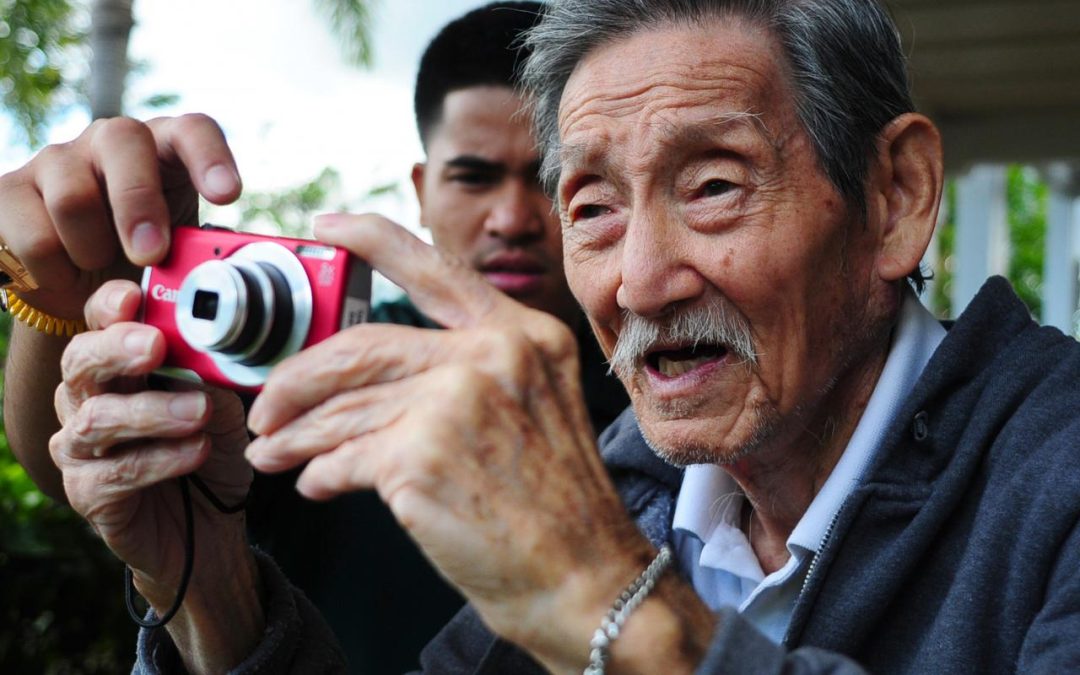

The U.S. has some richly diverse intergenerational programming but needs to quickly expand such efforts.

A more coordinated, national effort is needed to help this ‘life-saving corps’ of young caregivers.

Yoga helped me return to myself, to nature, and to much we have all forgotten.

A short tour of a how to make a home.
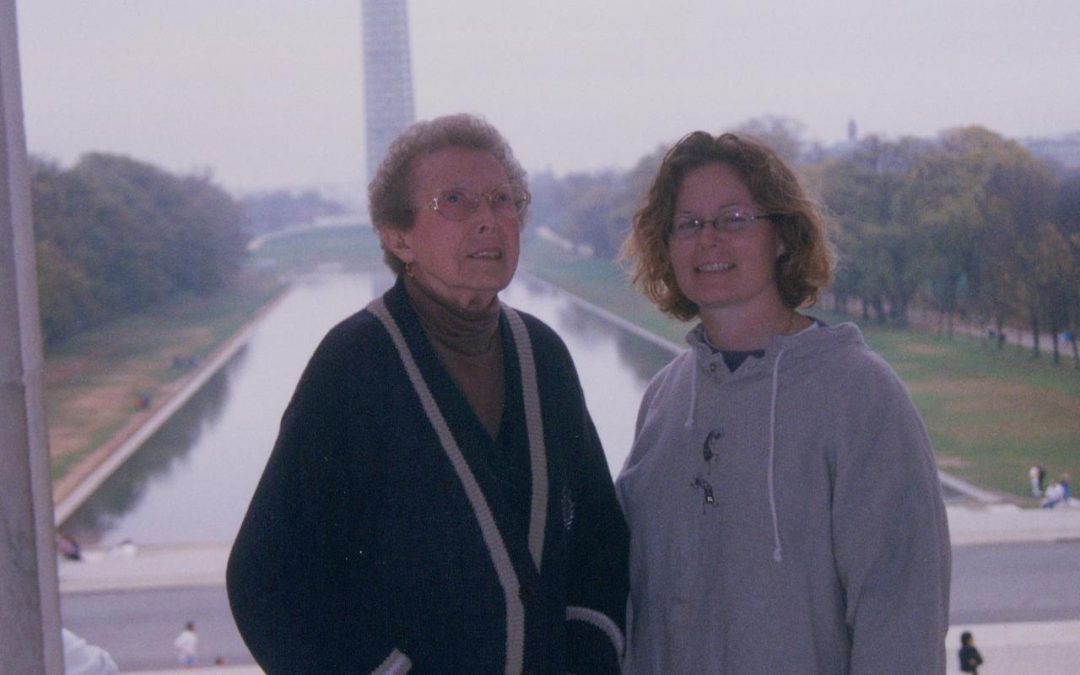
Leaning into a grandmother’s love for strength and comfort.

One personal viewpoint on an international tragedy.

A product of thoughtful parenting and an engaged, watchful community.
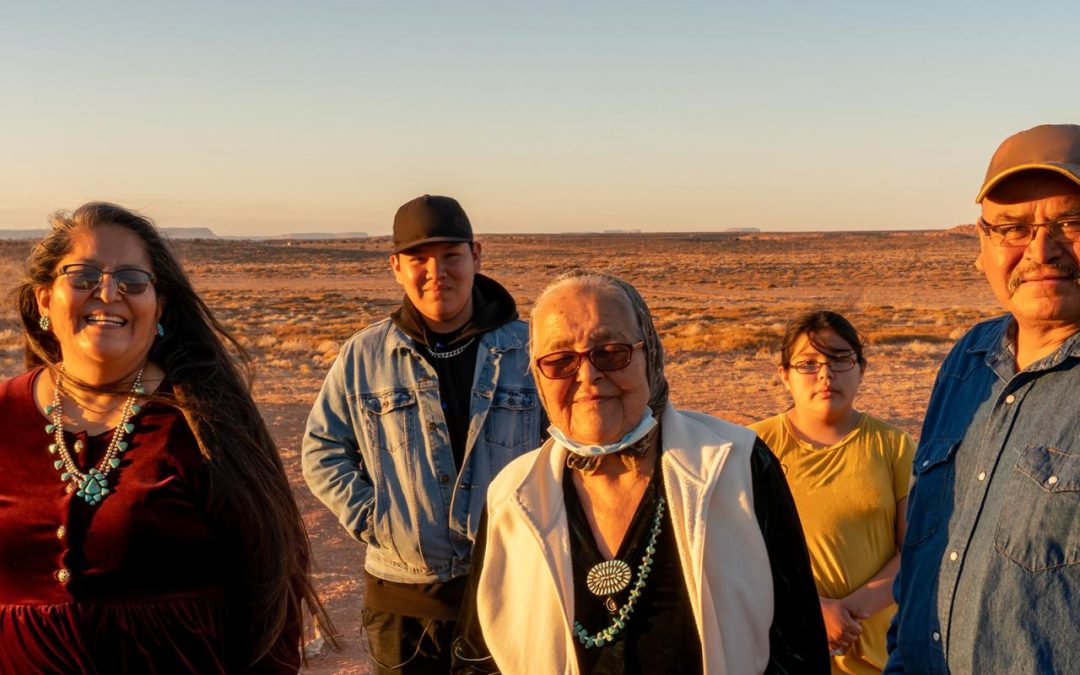
Senior nutrition programs, food sovereignty and traditional diets
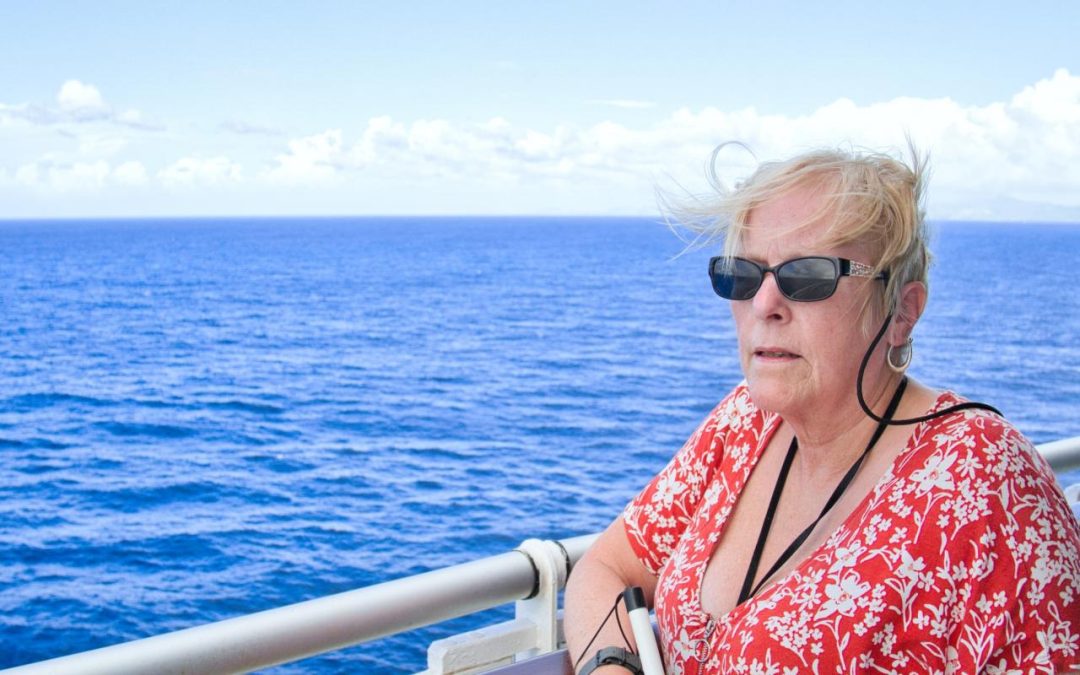
‘Vision impairment and blindness are recognized as the most feared disabilities and often have a greater mental hurdle to overcome.’
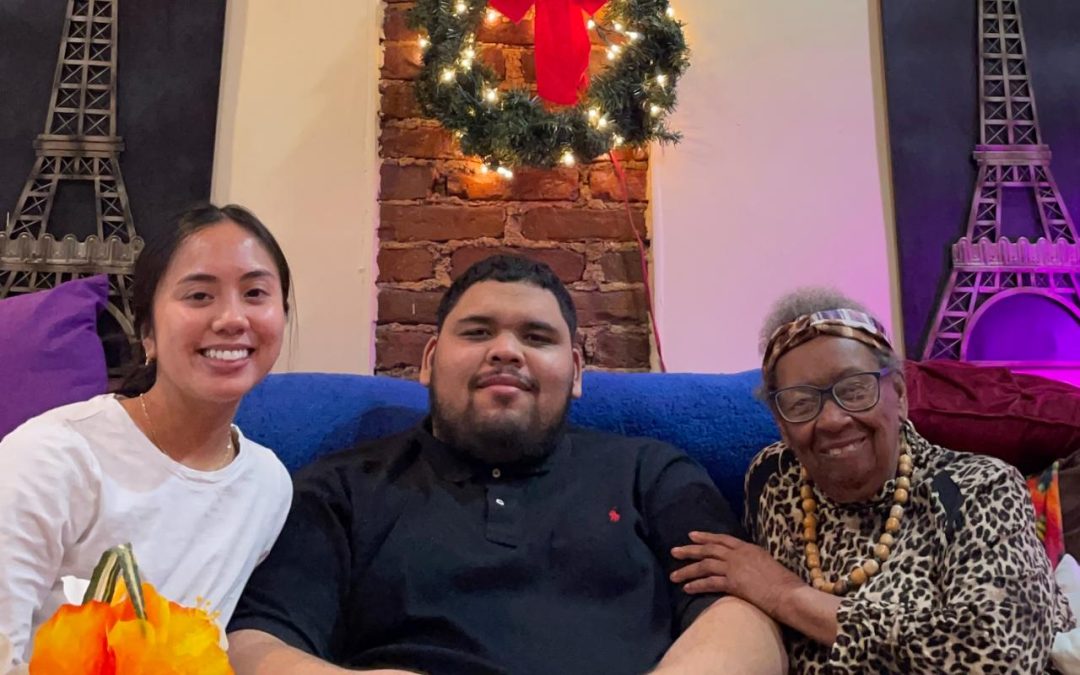
The community health and service-learning organization weaves connections that transcend traditional volunteer service.

Grandparents caring for grandchildren without a parent present in the household have emerged as a vulnerable group.
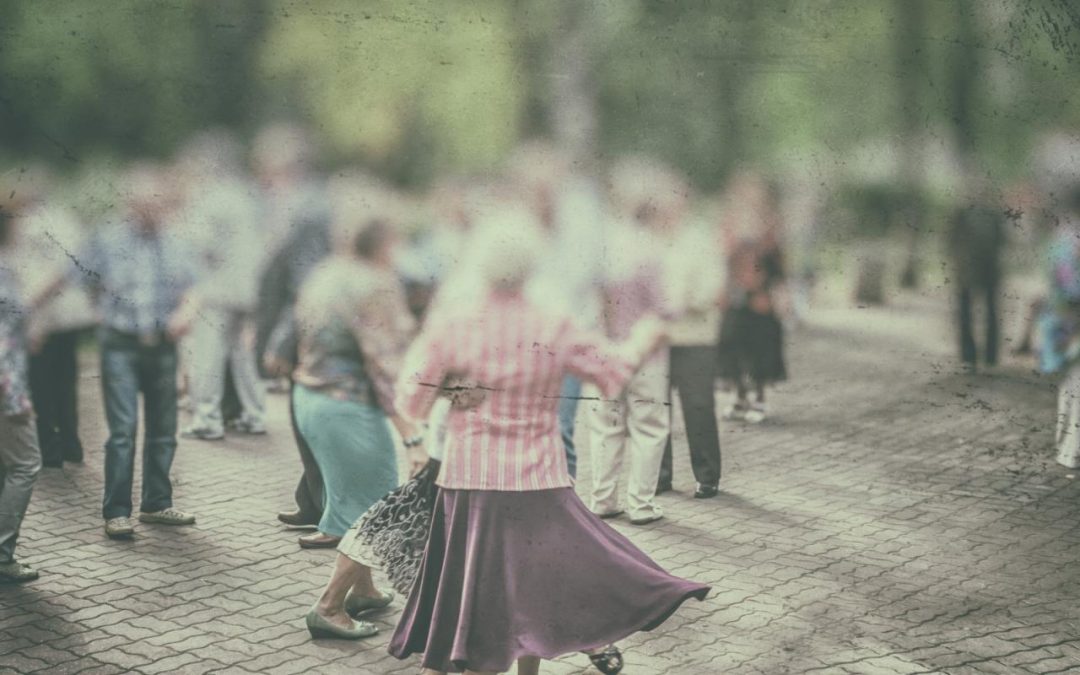
It’s the small things that can make big differences.
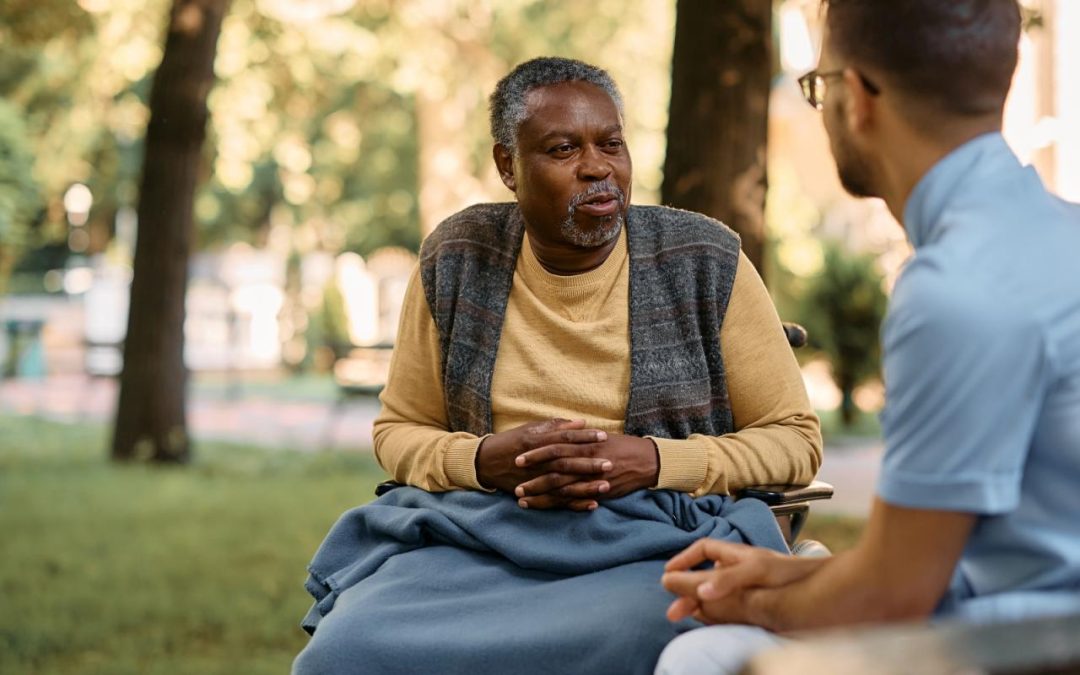
SAGECare trains businesses to care for elders in a culturally competent way and it works.

Chip Conley uses tales from the Modern Elder Academy and real-life experience to demonstrate how to grab the most meaning out of the second half of life.

SAGECare trains businesses to care for elders in a culturally competent way and it works.

Research lab allows older adults with cognitive impairment more time living at home.

Be who you are at your core, a human being who cares about another human being; nothing else matters.

Ingesting plenty of protein is a key step to preventing muscle loss in older adults undergoing weight-loss regimens.
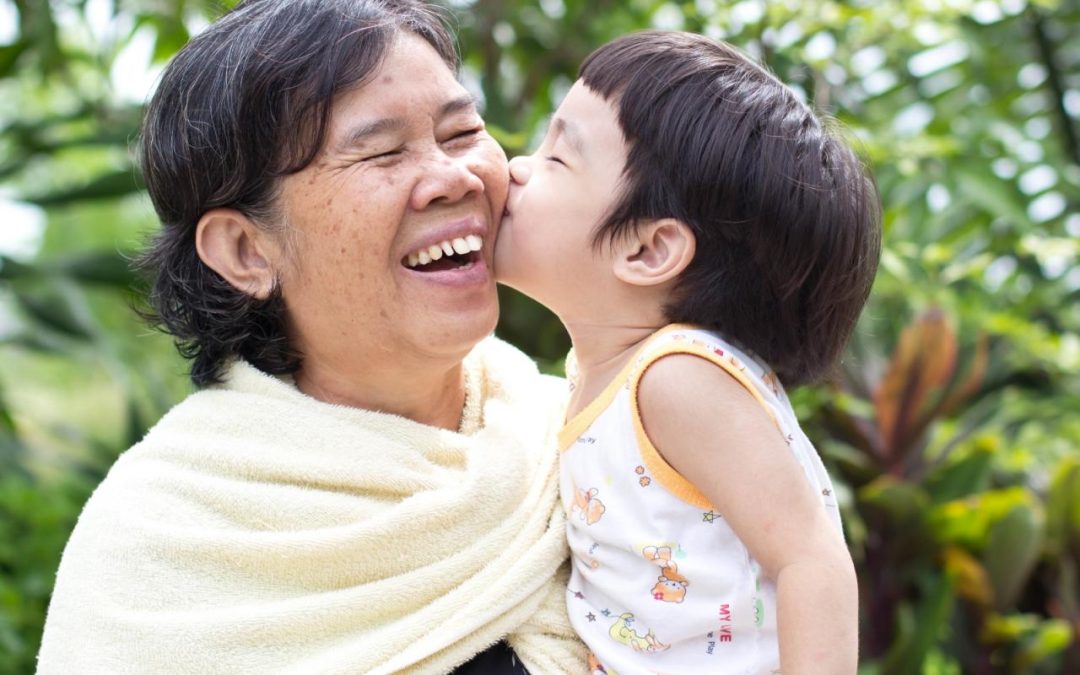
As the number of caregivers living with disabilities increases, help is available in many forms.

By looking at policy through an intersectional lens, we will design solutions that are effective for more diverse people and communities with nuanced needs.